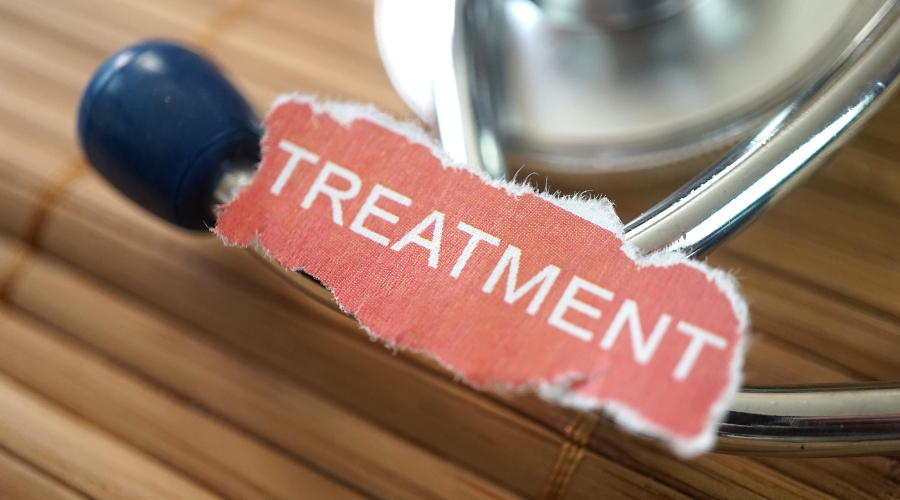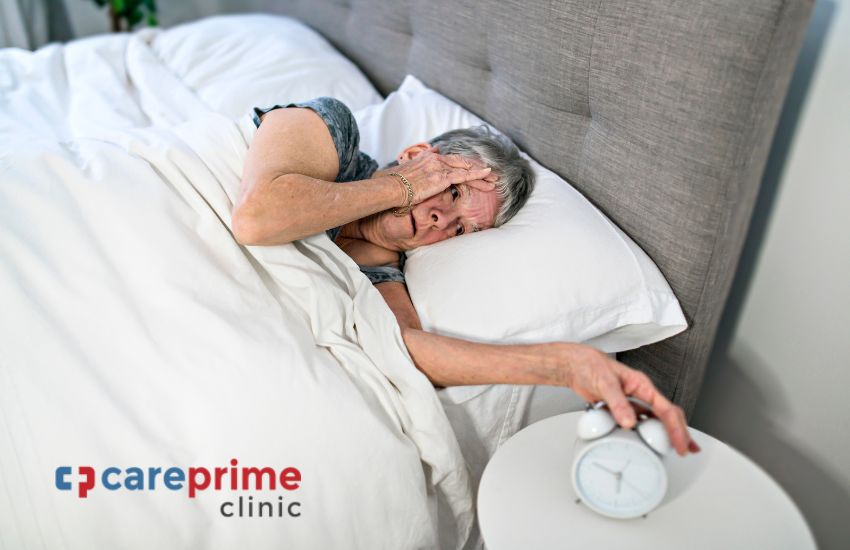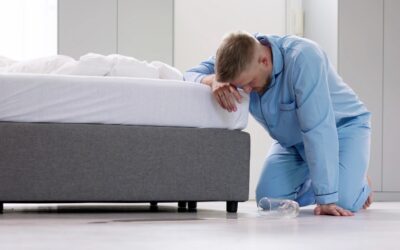Sleep is essential for overall health and well-being. Sleep disorders, such as insomnia and sleep apnea, can have a significant impact on a person’s quality of life. In this blog, we will discuss insomnia and sleep apnea, the symptoms, causes, and treatments of these disorders.
Insomnia
Insomnia is a sleep disorder characterized by difficulty falling asleep, staying asleep, or waking up too early. Insomnia can range from occasional to chronic and can have a significant impact on a person’s daily life. Symptoms of insomnia can include:
- Difficulty falling asleep or staying asleep
- Waking up too early
- Tiredness or fatigue during the day
- Irritability or mood swings
- Difficulty concentrating or making decisions
- Decreased energy levels
There are two kinds that suffer from insomnia, primary or secondary. Primary insomnia is not connected to any health condition or use of medications, while secondary insomnia can be caused by a medical issue or use of medication. Insomnia can be caused by a variety of factors, including stress, anxiety, depression, physical health problems, and certain medications. Chronic insomnia can also be a side effect of other sleep disorders, such as sleep apnea. Chronic insomnia is characterized by difficulty falling asleep, staying asleep, or waking up too early, on a regular basis for at least three nights a week for at least three months. Chronic insomnia can have a significant impact on a person’s daily life, leading to decreased productivity, irritability, and fatigue.
Insomnia and depression are often closely related, with one condition often leading to or exacerbating the other. Studies have shown that people with insomnia are more likely to experience symptoms of depression, and people with depression are more likely to experience symptoms of insomnia.
Insomnia can be a symptom of depression, as feelings of sadness, hopelessness, and anxiety can make it difficult to fall asleep or stay asleep. Chronic insomnia can also worsen symptoms of depression, leading to increased feelings of sadness, hopelessness, and fatigue.
On the other hand, depression can lead to insomnia, as feelings of sadness, hopelessness, and anxiety can make it difficult to fall asleep or stay asleep. Chronic depression can also worsen symptoms of insomnia, leading to increased fatigue, irritability, and difficulty concentrating.
Sleeping disorders are a widespread disorder that has a significant impact on millions of people across the globe. It’s characterized by difficulties getting asleep and staying asleep or achieving a peaceful sleep. Sleepiness can have a huge impact on the health and well-being as it can cause tiredness, sleepiness during the day as well as irritability and difficulty in concentrating. Whatever the reason regardless of the cause, symptoms of insomnia are often frustrating and destabilizing. Patients suffering from insomnia might experience trouble falling asleep, having difficulty sleeping, or waking often during their sleep, and even waking up at a too early time in the morning. They might also feel stressed, tired or stressed during the daytime.
Sleep Apnea

Sleep apnea is a sleep disorder characterized by repetitive pauses in breathing during sleep. Sleep apnea can range from mild to severe and can have a significant impact on a person’s daily life. Symptoms of sleep apnea can include:
- Loud snoring
- Choking or gasping during sleep
- Restless tossing and turning during sleep
- Tiredness or fatigue during the day
- Morning headache
- Difficulty concentrating or making decisions
Sleep apnea can be caused by a variety of factors, including obesity, genetics, and physical health problems, such as heart disease and stroke. Sleep apnea can also be a side effect of other sleep disorders, such as insomnia.
Diagnosis and Treatment

Diagnosis of sleep disorders, such as insomnia and sleep apnea, typically involves a physical exam and a sleep study. A sleep study, also known as a polysomnogram, involves monitoring a person’s sleep patterns, including brain activity, eye movements, heart rate, and breathing.
Treatment for sleep disorders can vary depending on the severity of the symptoms and the underlying cause. Treatment for insomnia can include lifestyle changes, such as practicing good sleep hygiene, and therapy, such as cognitive-behavioral therapy (CBT). Medication, such as sleep aids, can also be used to relieve symptoms of insomnia.
Treatment for sleep apnea can include lifestyle changes, such as weight loss and avoiding alcohol and sedatives, and the use of a continuous positive airway pressure (CPAP) machine. A CPAP machine delivers air pressure through a mask to keep the airways open during sleep. In severe cases of sleep apnea, surgery may be necessary to correct physical abnormalities that are contributing to the disorder.
Treatment
It is important to see a healthcare professional if you are experiencing symptoms of insomnia or sleep apnea. Insomnia and sleep apnea are serious sleep disorders that can have a significant impact on a person’s daily life, and early treatment is essential to prevent the condition from becoming more severe.
A healthcare professional can diagnose the condition and recommend appropriate treatment based on the severity of the symptoms and the underlying cause. They may also refer the patient to a specialist, such as a sleep specialist, for further evaluation and treatment.
Treatment for insomnia and sleep apnea can vary, but typically involves a combination of lifestyle changes, therapy, and medication. It’s important to work with a healthcare professional to determine the most appropriate treatment plan, as different approaches may work better for different individuals.
In conclusion, if you are experiencing symptoms of insomnia or sleep apnea, it is important to see a healthcare professional for an accurate diagnosis and treatment plan. Early treatment is essential to prevent the condition from becoming more severe and to improve overall health and well-being.




